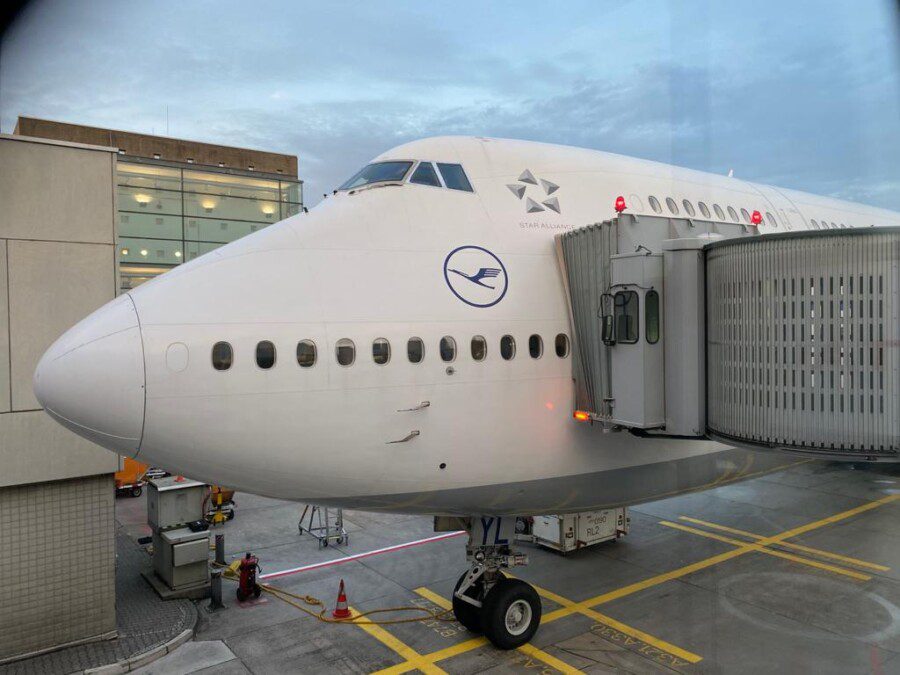Book or wait? The "flexible" ticket is the new normal
In recent years, air transportation has grown year after year, offering more and more connections and more and more fares [...]
In recent years, air travel has grown, year after year, offering more and more connections and more and more discounted fares. From short haul to intercontinental destinations, ticket prices have become, according to some, unethical.
In this article:
While traditional airlines attacked low-cost airlines by accusing them of offering tickets for a few tens of euros without having regard for the ecosystem, airlines such as Ryanair retorted by saying that thanks to their policies they were allowing everyone to travel freely without having to spend crazy amounts of money, as was the case until a few years ago.
In all these years one startegy accumulated all airlines: if the passenger wanted "flexibility" he had to pay more, a lot more.
Paradoxically, one of the few "friendly" companies that does not have policies against flexibility is Southwest, the world's largest low-cost airline. For those who have traveled with the American airline, it is difficult to understand the comparison with Ryanair, which "also charges for air." Southwest, in fact, is not only "nice" and always puts the passenger in the center, but despite being low-cost it gives away two checked bags, lets passengers choose their seats on board at no extra charge, and allows them to connect to the onboard WiFi for free, as well as watch movies and TV on their device without any limits.
Returning to the flexibility offered by Southwest, suffice it to say that it has never charged any penalty or extra cost to a passenger who, arriving earlier at the airport, asked to take a flight departing for the same destination 2 hours earlier than booked. In the vast majority of European airlines (and beyond), this privilege is reserved exclusively for those who buy the hefty flex tickets.
The flexibility of these fares was not only to be able to leave earlier, but also to move the flight or request a refund of the ticket without penalty.
However, Covid has arrived, travel is not, or perhaps will be, the same as before, and of course airlines have had to completely change their skins and adapt to the new normal. Here they have all opened up to small/large forms of flexibility to convince passengers to buy tickets and still leave a guarantee that they can change plans freely.
Let's look in detail at how sales and exchange policies have changed in the major companies operating in our territory.
We can't help but start with Alitalia. The policy has changed several times in recent months, also a child of the perennial situation of uncertainty. The current rules (end of September) provide the possibility of changing the reservation once without penalty, but having to pay any fare difference between the price of the ticket bought and the price of the new flight.
Also Lufthansa allows for a one-time date change and for bookings made between May and the end of August only, does not include a fare adjustment between the old and the new ticket.
Flexibility has also become part of Ryanair: For passengers of the Irish low-cost airline, it will be possible to change their itinerary without penalty always, of course, paying the fare difference.
Similar policy for AirFrance/KLM which, however, add an important possibility: that of receiving a refund in the event that the new flight is cheaper than the one previously purchased, as well as allowing you to change your ticket as many times as you want, free of charge.
But the most original strategy was the one chosen by Qatar Airways. The Middle Eastern carrier has issued a real challenge to potential passengers by offering not only flexibility in terms of travel date, but also the ability to request a 10% increased refund voucher or alternatively to move the final travel destination within a 5 thousand mile radius for free. This means that you have a ticket from Milan to Bangkok, you can change it for free and without penalty for a flight to Hong Kong or Bali
- 6,000 Mile Registration Bonus
- Collect miles WITH EACH PURCHASE
- Your miles with no expiration*
- No fees for ATM withdrawals and foreign purchases
- Without having to change banks
- Autonomous card activation
- Multi-function mobile application
- Free travel insurance
- Free credit for up to 7 weeks
- Contactless Payment
- Mastercard® SecureCode




